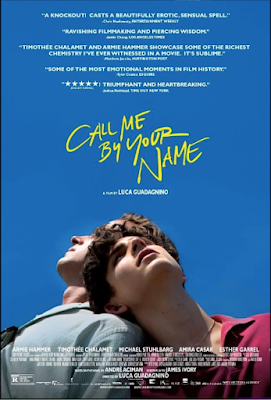Metaphysical Review by Jacklyn A. Lo: Biographical Film "Sully".
Director: Clint Eastwood
Writers: Todd Komarnicki, Chesley Sullenberger, Jeffrey Zaslow
The film "Sully" (2016) stands out as one of the finest examples where the main character confronts a problem and transforms it into a triumph.
Spiritual Choice
Sully, the protagonist, faces a difficult situation where he must make a life-defining decision i.e. Spiritual Choice, within a very limited time frame. One option is based on logic, which would be accepted by governmental authorities, while the other is based on his intuition and serious attention to his recurring night dreams.
Nightmares
At the beginning of the film, we see that Sully is haunted by nightmares. In these dreams, he envisions himself as the skilled pilot he truly is, but he makes a wrong decision that results in a plane crash with passengers onboard.
And then, that fateful day arrives.
Sully and his assistant find themselves in a dire situation when both engines fail. Sully, as the main pilot, has only a few seconds to make a critical decision that will determine the lives of 155 people. He is left with two options: try to reach the nearest airport or make an emergency landing on a river of icy water. He chooses the opposite decision from his dream and saves himself and the passengers.
Individual
Now, let's delve deeper into Sully's life journey.
Sully is an exceptional individual. His profession as a pilot demonstrates his proficiency in operating complex aircraft instruments. This occupation also demands a vast amount of experience and knowledge. Additionally, as a pilot, he possesses exceptional organizational, communication, and concentration skills. All of these factors indicate that the matrix of his soul has achieved a high level of maturity, i.e., an above-average energy potential.
Discipline
Sully's disciplined nature is complemented by his commitment to physical fitness and jogging while keeping his indulgences, i.e. alcohol, etc. to a minimum. These qualities are especially important in an extremely stressful situation as they allow a person not only to avoid physical collapse but also to help the mental field focus on an emergency problem.
Energy Potential
In our daily lives, by following a normal routine, we only slightly increase the energy potential of our souls. Therefore, Higher beings, whom we refer to as our Higher Brothers, closely monitor our energy progress and present us with challenges at the right time and under the right circumstances. These challenges play a vital role as the Universal Laws of Change and Evolution drive all living beings to enhance their energy potential.
Benefits from Problems
However, for some of us, our Higher Superiors strategically design and create emergency conditions that push us beyond our limits. These conditions provide us with the opportunity to rapidly increase the energy potential of our souls.
Even a person working on an average problem has a good chance to increase his energy potential since the challenge activates his soul. Each problem and a situation for it are individual and created for a specific person.
The energy potential of a problem situation is always higher than the energy potential of the human soul. That's why no one can avoid problems. We can compare this process to solving mathematical problems. The problems considered and studied increase the energy potential of the student, but those that lie ahead are even more energetic, and the student must work hard on them in order to progress.
Development on the Spiritual Path
This is exactly what happened to the main character of the film, Sully - to evolve on his spiritual path, he needs new challenges.
From his conversation with Jeff Skiles, we learn that besides his skills as a pilot, he is also exploring entrepreneurship. Moreover, his business, presented on his website, looks very impressive, as if a large corporation is behind it, and not just one person. A low-energy soul cannot and will not want to “show off” in this way.
Starting your own business usually requires a higher level of risk-taking and responsibility than being an employee. It also requires a higher level of personal discipline and the ability to control business assets.
Conclusion
Although our life paths are individual, they are based on general rules that are controlled by Universal Laws.
For some of us, making decisions based on logic is already a triumph because that person must first learn logic. However, at a higher level of spiritual development, we must also allow our intuition and/or the promptings of our Higher Brothers to guide us in choosing the best possible option.
Our Earth serves as a platform for us to acquire the missing energy potentials, both qualitatively and quantitatively. And our Higher Brothers constantly provide us with difficult situations for the development of our souls.
Solving those problems in the right way and learning from the difficult situations is a plus for each of us.
Notes:
Misc:
More Metaphysical Movie Reviews – Jacklyn A. Lo
Check Our Featured Screenplay Melissa
Explore TV-Series Redemption
Donate
Subscribe
[DISPLAY_ULTIMATE_SOCIAL_ICONS]



.png)



.png)

